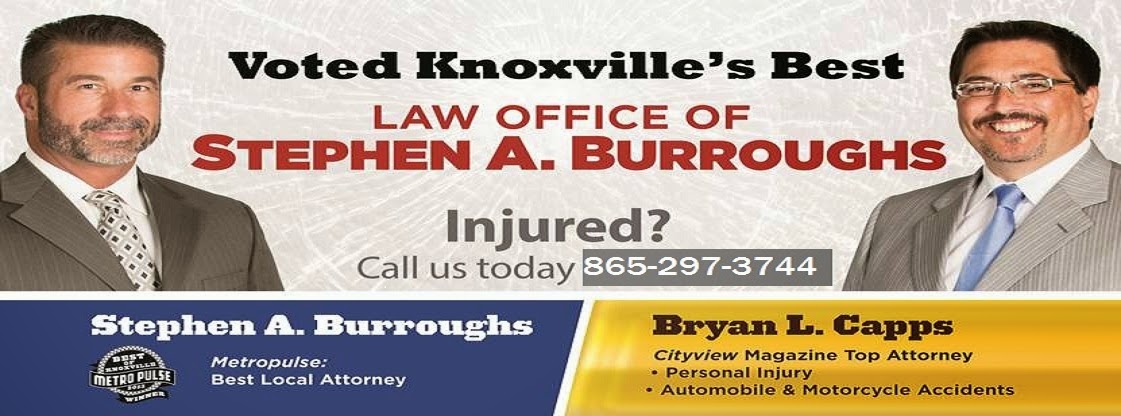Last week Tennessee Governor Bill Haslam signed into law the Tennessee Civil Justice Act of 2011. The Act limits jury awards for non-economic damages in cases of injury or death to no more than $750,000 and limits punitive damages, intended to punish intentional or reckless behavior, to a maximum of $500,000. According to Governor Haslam, the Act will bring predictability and certainty to businesses calculating potential litigation costs thereby attracting new businesses and creating jobs.
The governors of Texas , Mississippi , Alabama Tennessee
On the morning of August 27, 2006, Delta’s Comair flight 191 prepared to depart from Bluegrass Airport in Lexington , Kentucky
To get comfortably airborne, Comair 191 needed nearly all 7,000 feet of Runway 22. Runway 26 was only 3,500 feet long. The sole FAA air traffic controller in the tower did not see the Comair pilot’s error as he taxied onto the fatally short runway. A second controller might have warned the pilot in time to avoid disaster. But, in violation of FAA rules, no other controller was on duty.
An NTSB investigation concluded that Comair and the FAA were negligent in causing the crash. It primarily determined that the Comair pilots completely disregarded their training in identifying the approved runway as they taxied onto Runway 26. As a result, the families of the passengers filed civil suits against Comair and the FAA for the wrongful death of their loved ones. The suits asked for punitive damages against Comair for what the presiding judge called reprehensible behavior by its pilots.
Faced with a jury trial and punitive damages, Comair settled nearly every case. It preferred not to have a jury carefully learn of and value all the lives of the passengers including a newly wed couple who never arrived at their honeymoon destination. In order to avoid future crashes and punitive damages, Comair then made significant changes in pilot and controller training and operational policies. In short, the civil justice system, with only the prospect of a jury verdict, worked in compensating the survivors and better protecting future airline passengers.
Now consider the Comair case if the victims families were subject to the new Tennessee Civil Justice Act. The value of each passenger’s life, irrespective of age, would be his or her lost earnings plus up to $750,000. If Comair was punished by the Act’s maximum $500,000 in punitive damages for every life lost, it would pay less than $25 million dollars. That would likely be no deterrent at all for a company which reported pre-tax profits of $1.8 billion in 2007. Comair would have no real financial motivation to make operational changes aimed at avoiding a similar crash and loss of life. The survivors would not be made whole and future passengers would remain at risk of the same fate.
The difference between the proper outcome in the Comair case and the outcome under the new Act is quite simply the jury’s unfettered judgment. In his 1789 speech to the first U.S. Congress, James Madison, the architect of the U.S. Constitution and champion of civil suits, said “trial by jury . . . is as essential to secure the liberty of the people as any one of the pre-existent rights of nature.” Madison and the other Founders, wanted to protect their lives, livelihoods and property. They feared arbitrary and capricious judgment, like that once imposed by the English monarchy, with regard to their affairs. Madison
Based on these convictions and Madison
By limiting the value of human life and the deterrent value of punitive damages, Tennessee
In doing so, they subjected Tennesseans to Madison

No comments:
Post a Comment